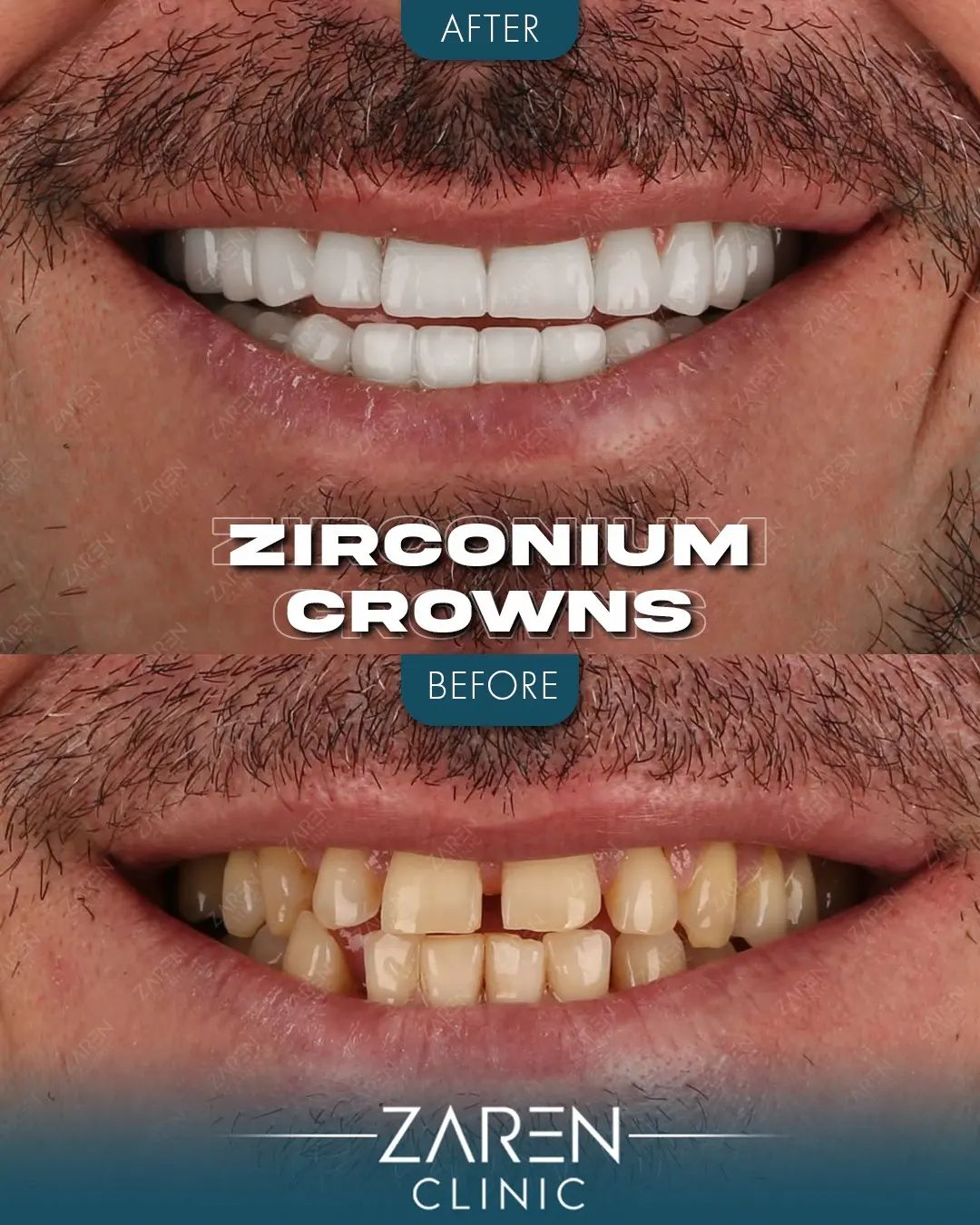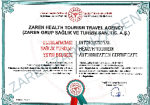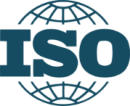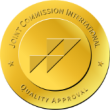Non-surgical bleeding, often resulting from trauma, injury, or medical conditions, poses significant challenges in healthcare. Prompt and effective management of such bleeding is critical to prevent complications and ensure patient safety. In this article, we delve into various non-surgical approaches for bleeding treatment, highlighting their importance and efficacy in clinical practice.
Understanding Non-Surgical Bleeding
Non-surgical bleeding refers to hemorrhage that does not require surgical intervention for management. It encompasses a broad spectrum of conditions, ranging from minor cuts and bruises to more severe internal bleeding. Common causes include trauma, coagulation disorders, gastrointestinal lesions, and vascular abnormalities.
Importance of Non-Surgical Bleeding Treatment
Effective management of non-surgical bleeding is essential for several reasons. Firstly, uncontrolled bleeding can lead to hypovolemic shock, organ damage, and even death if not addressed promptly. Secondly, minimizing blood loss reduces the need for blood transfusions, thereby lowering the risk of transfusion-related complications such as infections and immunological reactions. Lastly, timely treatment improves patient outcomes and enhances overall healthcare quality.
Non-Surgical Bleeding Treatment Strategies
1. Pressure Application
One of the primary methods for stopping bleeding non-surgically is applying pressure to the affected area. By exerting external pressure on the wound or injury site, blood flow can be reduced or halted, allowing the body’s natural clotting mechanisms to take effect.
2. Topical Hemostatic Agents
Topical hemostatic agents are substances applied directly to the bleeding site to promote hemostasis. These agents work by accelerating the clotting process, forming a barrier to blood flow, or enhancing platelet function. Common examples include fibrin sealants, gelatin sponges, and oxidized cellulose.
3. Hemostatic Dressings
Hemostatic dressings are specially designed dressings infused with hemostatic agents or compounds that facilitate clot formation. These dressings are particularly useful in managing bleeding from wounds, lacerations, or surgical incisions. They adhere to the wound surface, providing both mechanical and biochemical support for hemostasis.
4. Local Hemostatic Techniques
In certain cases, localized hemostatic techniques such as electrocautery, laser therapy, or cryotherapy may be employed to control bleeding. These techniques involve the application of heat, cold, or energy to the bleeding vessel or tissue, leading to coagulation and cessation of blood flow.
Zaren Health’s Contribution to Non-Surgical Bleeding Treatment
Zaren Health, a pioneering healthcare company, has been at the forefront of developing innovative solutions for non-surgical bleeding treatment. Through extensive research and collaboration with medical professionals, Zaren Health has introduced advanced hemostatic agents, dressings, and techniques aimed at improving patient care and outcomes.
Conclusion
Advancing Patient Outcomes
As healthcare continues to evolve, the emphasis on patient outcomes becomes increasingly paramount. Non-surgical bleeding treatment plays a pivotal role in this landscape, offering tailored interventions that not only halt hemorrhage but also promote holistic patient recovery. By employing evidence-based practices and interdisciplinary collaboration, healthcare providers can optimize treatment strategies to meet the unique needs of each patient, thereby enhancing overall clinical outcomes and satisfaction.
Addressing Global Health Challenges
In addition to individual patient care, non-surgical bleeding treatment contributes to addressing broader public health challenges. Hemorrhage remains a leading cause of morbidity and mortality worldwide, particularly in resource-limited settings. By disseminating knowledge, building capacity, and implementing cost-effective interventions, healthcare organizations can extend the reach of non-surgical bleeding treatment to underserved populations, thereby reducing the global burden of bleeding-related complications.
Ethical and Societal Implications
The advancement of non-surgical bleeding treatment also raises important ethical and societal considerations. As new technologies and treatments emerge, questions surrounding access, equity, and affordability come to the forefront. It is imperative for stakeholders to engage in transparent dialogue, prioritize health equity, and advocate for policies that ensure equitable access to life-saving interventions. By upholding ethical principles and promoting social responsibility, healthcare organizations can uphold the highest standards of patient care and contribute to a more just and compassionate society.
Embracing Innovation and Collaboration
Looking ahead, the future of non-surgical bleeding treatment holds tremendous promise. Rapid advancements in biotechnology, regenerative medicine, and digital health are poised to revolutionize bleeding management, offering novel therapeutic modalities and personalized approaches. To harness the full potential of these innovations, healthcare providers must embrace a culture of innovation, foster interdisciplinary collaboration, and adapt to the evolving needs of patients and communities. By staying at the forefront of scientific discovery and technological innovation, healthcare organizations can continue to redefine the standards of care and drive positive change in the field of non-surgical bleeding treatment.
Final Thoughts
In conclusion, non-surgical bleeding treatment represents a cornerstone of modern healthcare, offering a diverse array of strategies to effectively manage hemorrhage and improve patient outcomes. From foundational techniques such as pressure application to cutting-edge innovations in hemostatic agents and technologies, the field continues to evolve, driven by a commitment to patient safety, clinical excellence, and social responsibility. As we navigate the complexities of healthcare delivery, let us remain steadfast in our dedication to advancing the science and art of non-surgical bleeding treatment, ensuring that every patient receives the highest quality of care, regardless of circumstance or background. Together, we can build a healthier, more resilient future for all.
Strengthening Healthcare Systems
Non-surgical bleeding treatment not only addresses acute clinical needs but also contributes to the resilience and sustainability of healthcare systems. By implementing standardized protocols, promoting interdisciplinary collaboration, and investing in infrastructure and workforce development, healthcare organizations can build robust systems capable of delivering timely and effective bleeding management services. Through continuous quality improvement initiatives and data-driven decision-making, we can enhance the efficiency, reliability, and accessibility of non-surgical bleeding treatment, thereby strengthening the overall healthcare delivery ecosystem.
Empowering Patient Advocacy
Central to the success of non-surgical bleeding treatment is the active involvement and empowerment of patients and their caregivers. By fostering a culture of patient-centered care, healthcare providers can engage patients as partners in their treatment journey, promoting shared decision-making, informed consent, and adherence to treatment plans. Moreover, initiatives such as patient education programs, support groups, and advocacy networks play a vital role in raising awareness, reducing stigma, and advocating for policies that prioritize bleeding disorders as a public health priority. By amplifying the voices of patients and advocating for their needs, we can ensure that non-surgical bleeding treatment remains responsive to the diverse needs and preferences of individuals and communities.
Leveraging Data and Technology
In the era of precision medicine, data and technology offer unprecedented opportunities to optimize non-surgical bleeding treatment. By harnessing the power of big data, artificial intelligence, and predictive analytics, healthcare providers can identify patterns, predict outcomes, and tailor interventions to individual patient profiles. Additionally, telemedicine platforms, remote monitoring devices, and digital health applications enable seamless communication and coordination of care, particularly in rural or underserved areas. By embracing digital transformation and leveraging innovative technologies, we can overcome geographical barriers, expand access to specialized care, and improve the overall efficiency and effectiveness of non-surgical bleeding treatment delivery.
Cultivating a Culture of Excellence
At its core, non-surgical bleeding treatment embodies the principles of excellence, compassion, and integrity that define modern healthcare. As stewards of patient well-being, healthcare providers must uphold the highest standards of clinical practice, ethics, and professionalism in all aspects of care delivery. By fostering a culture of continuous learning, accountability, and peer collaboration, we can cultivate a workforce that is equipped with the knowledge, skills, and attitudes necessary to excel in the field of non-surgical bleeding treatment. Moreover, by prioritizing diversity, equity, and inclusion, we can create a healthcare environment that reflects the richness and diversity of the communities we serve, ensuring that every individual receives dignified, culturally sensitive care that honors their unique identity and experiences.
Strengthening Healthcare Systems
Non-surgical bleeding treatment not only addresses acute clinical needs but also contributes to the resilience and sustainability of healthcare systems. By implementing standardized protocols, promoting interdisciplinary collaboration, and investing in infrastructure and workforce development, healthcare organizations can build robust systems capable of delivering timely and effective bleeding management services. Through continuous quality improvement initiatives and data-driven decision-making, we can enhance the efficiency, reliability, and accessibility of non-surgical bleeding treatment, thereby strengthening the overall healthcare delivery ecosystem.
Empowering Patient Advocacy
Central to the success of non-surgical bleeding treatment is the active involvement and empowerment of patients and their caregivers. By fostering a culture of patient-centered care, healthcare providers can engage patients as partners in their treatment journey, promoting shared decision-making, informed consent, and adherence to treatment plans. Moreover, initiatives such as patient education programs, support groups, and advocacy networks play a vital role in raising awareness, reducing stigma, and advocating for policies that prioritize bleeding disorders as a public health priority. By amplifying the voices of patients and advocating for their needs, we can ensure that non-surgical bleeding treatment remains responsive to the diverse needs and preferences of individuals and communities.
Leveraging Data and Technology
In the era of precision medicine, data and technology offer unprecedented opportunities to optimize non-surgical bleeding treatment. By harnessing the power of big data, artificial intelligence, and predictive analytics, healthcare providers can identify patterns, predict outcomes, and tailor interventions to individual patient profiles. Additionally, telemedicine platforms, remote monitoring devices, and digital health applications enable seamless communication and coordination of care, particularly in rural or underserved areas. By embracing digital transformation and leveraging innovative technologies, we can overcome geographical barriers, expand access to specialized care, and improve the overall efficiency and effectiveness of non-surgical bleeding treatment delivery.
Cultivating a Culture of Excellence
At its core, non-surgical bleeding treatment embodies the principles of excellence, compassion, and integrity that define modern healthcare. As stewards of patient well-being, healthcare providers must uphold the highest standards of clinical practice, ethics, and professionalism in all aspects of care delivery. By fostering a culture of continuous learning, accountability, and peer collaboration, we can cultivate a workforce that is equipped with the knowledge, skills, and attitudes necessary to excel in the field of non-surgical bleeding treatment. Moreover, by prioritizing diversity, equity, and inclusion, we can create a healthcare environment that reflects the richness and diversity of the communities we serve, ensuring that every individual receives dignified, culturally sensitive care that honors their unique identity and experiences.
Conclusion
In conclusion, non-surgical bleeding treatment stands as a testament to the remarkable progress and ingenuity of modern medicine. From its humble beginnings to its current state of sophistication, the field continues to evolve, driven by a shared commitment to patient-centered care, scientific innovation, and social responsibility. As we look to the future, let us reaffirm our dedication to advancing the science and practice of non-surgical bleeding treatment, ensuring that every patient receives the highest quality of care, regardless of circumstance or background. Together, through collaboration, compassion, and unwavering dedication, we can build a healthier, more resilient future for all.











